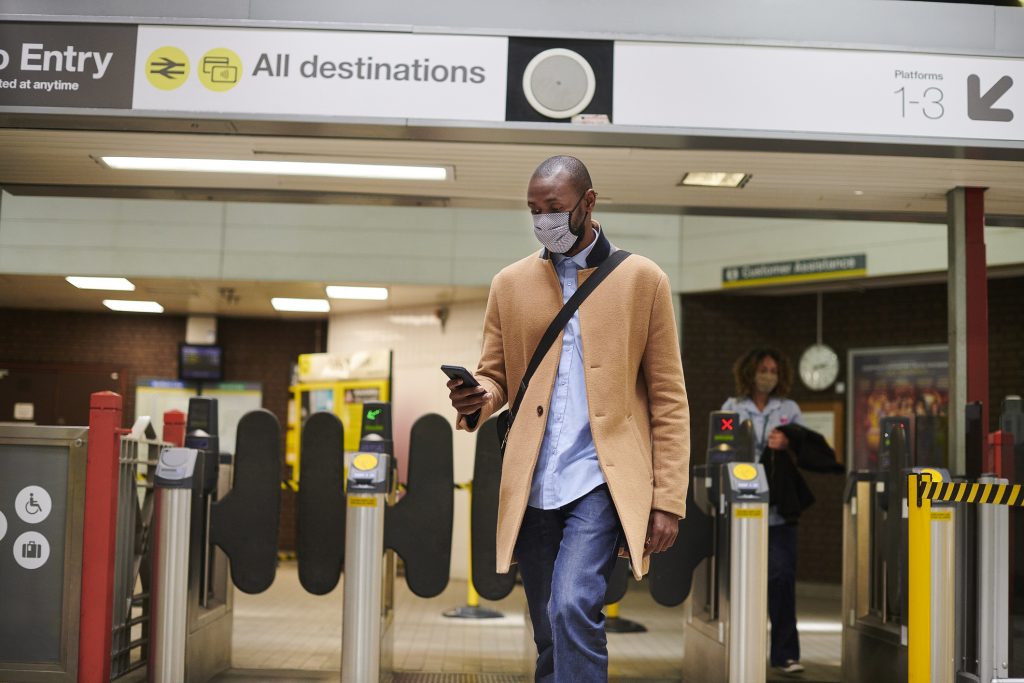The business traveller after Covid-19 will be very different. Not only will their travel be subject to new restrictions and safety measures, they will also look different. That’s because we’re likely to see a significant shift in the demographic of people who travel for business. Why and what is the impact of this? Emanuele Scansani from travel risk intelligence experts Riskline explores further.
The huge uptake of virtual meetings as a result of the Covid-19 crisis has prompted both individuals and businesses to reconsider the need for face to face meetings. Employees want – as much as possible – to hold on to some of the work life balance they enjoyed during lockdown restrictions and may also have health and safety concerns around resuming travel.
From a business perspective, savings from the near-zero travel expenses in these months will not go unnoticed in a time when many businesses are looking to save costs and resources. Combine this with the high capability of virtual technologies to create a near-perfect remote experience, and it’s likely that the necessity of business travel will be scrutinised more closely. A compelling – and detailed – business case will need to be put forward to justify business travel within a company.
Gone are the days of uninformed travel
Employees will demand a whole new level of information before and during their travel in order to feel confident enough to travel. Once they step on to a plane and travel internationally, businesses will need to strictly monitor the slew of new measures that will be in place – many of which have not yet even been decided – imposed by governments, corporate health & safety, travel insurance and by corporate travel policy managers. Travel policies will need to adapt to ensure travel is executed well within these new parameters. Business travel will have to be tightly planned and controlled with duty of care a priority both for the individual and the business.
The changing demographic of the business traveller
Recent research has shown that senior business travellers in particular are keen to see a high level of health and safety practices in place before they travel again post Covid-19. Baby Boomers (that’s those born between 1944 and 1964) want to see more stringent travel safety protocols. Nearly 70% want to see passenger health screenings at airports, compared with less than half of millennials, according to a survey by Destination’s Analysts. The report also shows that 66% of Boomers want to see cleaning protocols, published compared to just 48% of millennials.
If we safely assume then that without safety measures in place, senior business travellers are unlikely to want to travel, then this may pose a problem for businesses. Why? Older employees tend to be more senior within the business and often among the key decision makers. If a business decides to restrict travel to selected employees, then surely it’s the older members of staff who need to travel – to meet face to face and have the authority to make key decisions on the spot?
With research indicating that Boomers are unwilling to travel post Covid-19, it’s also possible that companies may not want older employees to travel either, because of the risk they pose – there’s the potential cost impact on repatriation and health care to consider. A company may well look to undertake a “fit for travel” health check on staff before they travel and choose to send only those who pass with a clean bill of health. However, this process is far from straight forward. There’s a minefield of legal and privacy concerns surrounding this. An employer cannot force an employee to disclose information about any health conditions, but an employer can ask about a medical condition if it’s thought that the condition might affect the employee’s ability to do their job.
This is where we’ll see the rise of the millennial business traveller. Not only are they more willing to travel, they’re also arguably more likely to pass any health tests carried out before travel as they’re within the age range that’s deemed ‘less affected’ by Covid-19. And there are many of them. Before coronavirus gripped the world, millennials were fast becoming the predominant business traveller, taking an average of 7.4 trips per year (according to Skift) against the average of 6.3 trips per year by boomers. We’re only like to see this upward trend solidify in the months and years ahead, particularly when taking into consideration the pent-up demand to travel as a result of recent restrictions.
Millennial business travellers, many of whom will have yet to progress to senior positions, may also see business travel as an opportunity to demonstrate their merits and further their careers. They’re also keen on mixing business and pleasure, often extend the corporate trip into a personal one. This may be even more so after restrictions are lifted due to sheer pent-up demand, people who love to travel have been unable to do so for such an extended period. These co-called “bleisure” travellers will still have concerns about health and safety and will be asking new questions around where their business insurance ends, and their personal travel insurance begins.
Businesses need to be prepared and ensure they have the right information available in order to give this new breed of business traveller the detail they need to travel safely in this new world.
Emanuele Scansani, Director of Partnerships & Strategic Relations at Riskline, is delivering a session – From Wuhan to Barcelona: How Social Resilience and Social Laxity Impact Business Travel – at The Global Travel Risk Summit Europ

